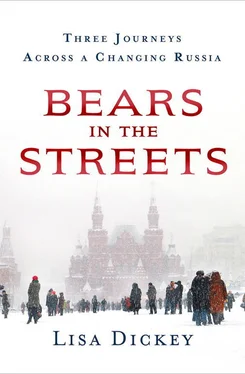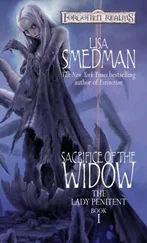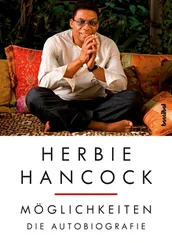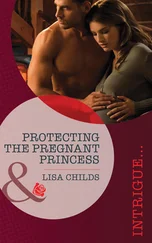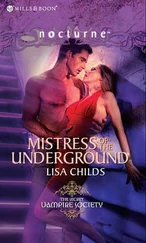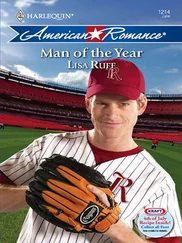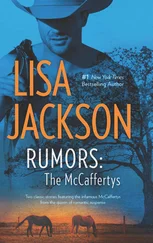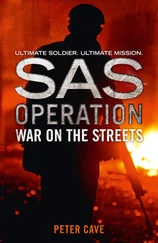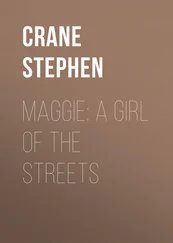“I would never ask her that question,” he said. “It’s none of my business! If she wants to tell me, she will tell me.”
I felt embarrassed. It had never occurred to me that what I thought of as friendly curiosity might seem like culturally ignorant prying. Perhaps it wasn’t just gay people who were in the closet here; in some ways, everyone was, to the extent they chose to be. The way Valera described it, Russian culture—gay or straight—was “don’t ask, don’t tell” writ large.
“There was a girl at work who asked if another guy we work with was gay,” Valera went on. “So I snapped at her, ‘How would I know what that guy does in his bedroom? How is it any of our business?’ That scared her off. She never asked again.”
I mulled this for a moment, and once again my Western biases took over. “Well,” I said, “that kind of response implies that there’s something wrong with being gay.” I told him that in Los Angeles, where I live, the girl’s query could be considered just a general-interest question, rather than prying.
“No, Liza,” he said, shaking his head. “That’s not why she was asking. She was smirking.” He rubbed his forehead, clearly tired of the conversation.
For a moment, we both were silent. When Valera spoke again, he said simply, “I just want to live my life, not make waves. Why make a fuss?” It wasn’t the first time I’d heard a Russian say this, but it was perhaps the first time I really, truly heard it.
* * *
On the same night Valera and I were talking at the café, an extraordinary scene unfolded four time zones away. A brown bear somehow broke into a closed shopping mall in the Russian Far East city of Khabarovsk, and security videos showed the animal rampaging around the empty stores. Eventually, it burst through two sets of glass doors and went running down the street.
I’m just saying.
* * *
On my last night in Novosibirsk, Valera and I went to Kuzina’s for dinner. Danya couldn’t come, as he had a cold, and while I’d hoped to see Zhenya on this trip, he was out of town on vacation the entire week I was here. So it would just be the three of us tonight, with a possible appearance later by Kuzina’s 21-year-old daughter, Alisa.
Kuzina was 56 now, but she looked far younger. With her wide smile, sturdy build, and inexplicably tanned face, she reminded me of those apple-cheeked farm girls from Soviet propaganda. She was endlessly energetic, even bouncy. Dinners at her house went on for hours, and they typically involved truly copious amounts of alcohol, with Kuzina taking the lead in consumption.
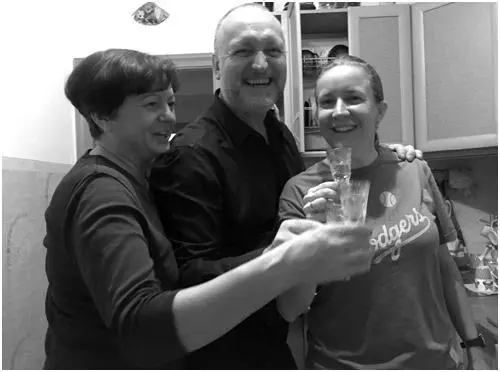
Kuzina, Valera, and me, making one of many, many toasts on my last night in Novosibirsk, 2015 (PHOTO BY LISA DICKEY)
We started the evening by looking at the photos I’d taken at the Museum of the USSR, but as I proudly showed off my Pionerka selfies, Kuzina barked, “You tied the scarf wrong!” She hustled out of the kitchen, returning with a red scarf. “ This is how you tie it,” she said, looping the thing around my neck. “It’s very important. Every true Pionerka knows how to tie the scarf!”
“Hey, now!” I said, “I am a proud Pionerka! Don’t insult my pionerzhnost! ” This last word was made up, roughly translatable as “pioneer-ness.” I pouted, and Valera jumped in, saying, “ Kakaya zhopa , eh?” Translated literally, this phrase means “What an asshole!” But what it means to Russians is, essentially, “What a fucking mess!” This quickly became the running joke of the night.
We drank like there was no tomorrow. Alisa joined us midway through dinner, but when offered a drink, she demurred. “I have more work to do tonight,” she said, shrugging. “Kakaya zhopa!” shouted Valera. We all guffawed, and Alisa, blushing, said, “OK, OK, I’ll have just one.”
Eventually, as often happens at Russian dinner parties, a guitar appeared. We all strummed and sang and danced about, ending every song with “Kakaya zhopa!” which fit a number of songs surprisingly well. “House of the Rising Sun”: “It’s been the ruin of many a poor boy, and god, I know I’m one”— kakaya zhopa! “Yesterday”: “Now I need a place to hide away, oh I believe in yesterday”— kakaya zhopa!
At one point, we all meandered to the living room, where Kuzina threw open a window so we could reach out and touch the snowflakes that were starting to fall. Kuzina’s apartment overlooked Novosibirsk’s main square, and we could see the massive dome of the Opera and Ballet Theater and, in the distance, the statue of Lenin. The cold air was bracing, and when we finally came back into the kitchen, our hilarity had subsided into a more reflective mood.
We started talking about Grisha. I asked Kuzina whether her ex-husband was Grisha’s first cousin, or more distantly related. “First cousin,” she said.
“But you know,” Valera interjected, “after Grisha revealed to his family that he was gay, Kuzina was the only member of the family who continued to see him.” She nodded.
“Everybody rejected him, except for her,” Valera went on. “Then, when he died, and they all came to the funeral, they all took their seats up front, but she wasn’t invited to sit with them. She sat in the back, with us.”
Kuzina wiped her eyes. “Grisha always told me, ‘Kuzina, you’re a beautiful woman, you live in the center of town. You should dress yourself well,’” she said quietly. “He would give me advice on what to wear. So, for his funeral, I dressed up, put on makeup. My husband was jealous. ‘What are you dressing up for him for?’ he said. ‘He’s dead.’
“I was so sad when Grisha died,” she went on, almost in a whisper. “At the funeral, I said, ‘My Grisha is gone. Who will call me Kuzina now?’ And Valera said, ‘I will.’ And he always has, and so has Zhenya.” Valera now moved toward her, putting his arm around her shoulders.
“Me too,” I said, raising my glass. “To Kuzina.”
I left Novosibirsk the next day, hung over and sad, but happy that we would all still be in touch through Facebook. Valera and Kuzina walked me the ten snowy blocks to the train station, and after I got settled in my kupe , they stood on the platform to wave good-bye. As the train started to pull away, they offered—in unison—perfectly angled Pionerka salutes. “This is how you do it!” Valera yelled.
“Kakaya zhopa!” I screamed back. As the train picked up speed, I looked back until I could barely see the two friends in the distance, walking arm in arm as they headed off the platform and back toward the city.
NINE
Chelyabinsk: Meteors and Missiles
On the morning of February 15, 2013, people in the city of Chelyabinsk were startled by a massive streak of flame shooting across the sky. Dash-cam videos captured a ball of fire curving low over the city, the sky flashing a blinding white. Security-camera videos showed windows shattering and people diving for cover, as the fireball exploded in an earsplitting boom during its short flight.
The Chelyabinsk meteor was a spectacular cosmic show. Because it appeared at 9:20 in the morning, thousands of people saw it—and thanks to the magic of YouTube, millions more all over the world have seen it too. I was one: I obsessively clicked on all the videos I could find, unable to get enough of watching that meteor streak wildly over the city I’d first visited in 1995. Now that I was once again coming to Chelyabinsk, I couldn’t wait to ask people whether they’d seen the meteor that day.
Читать дальше
